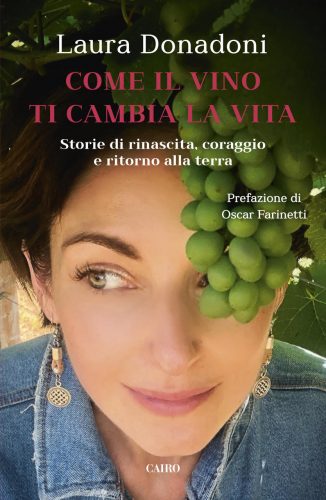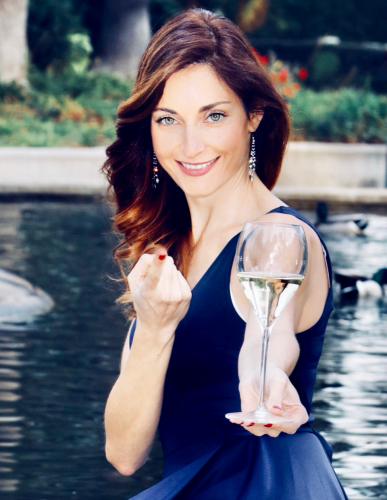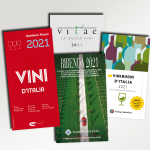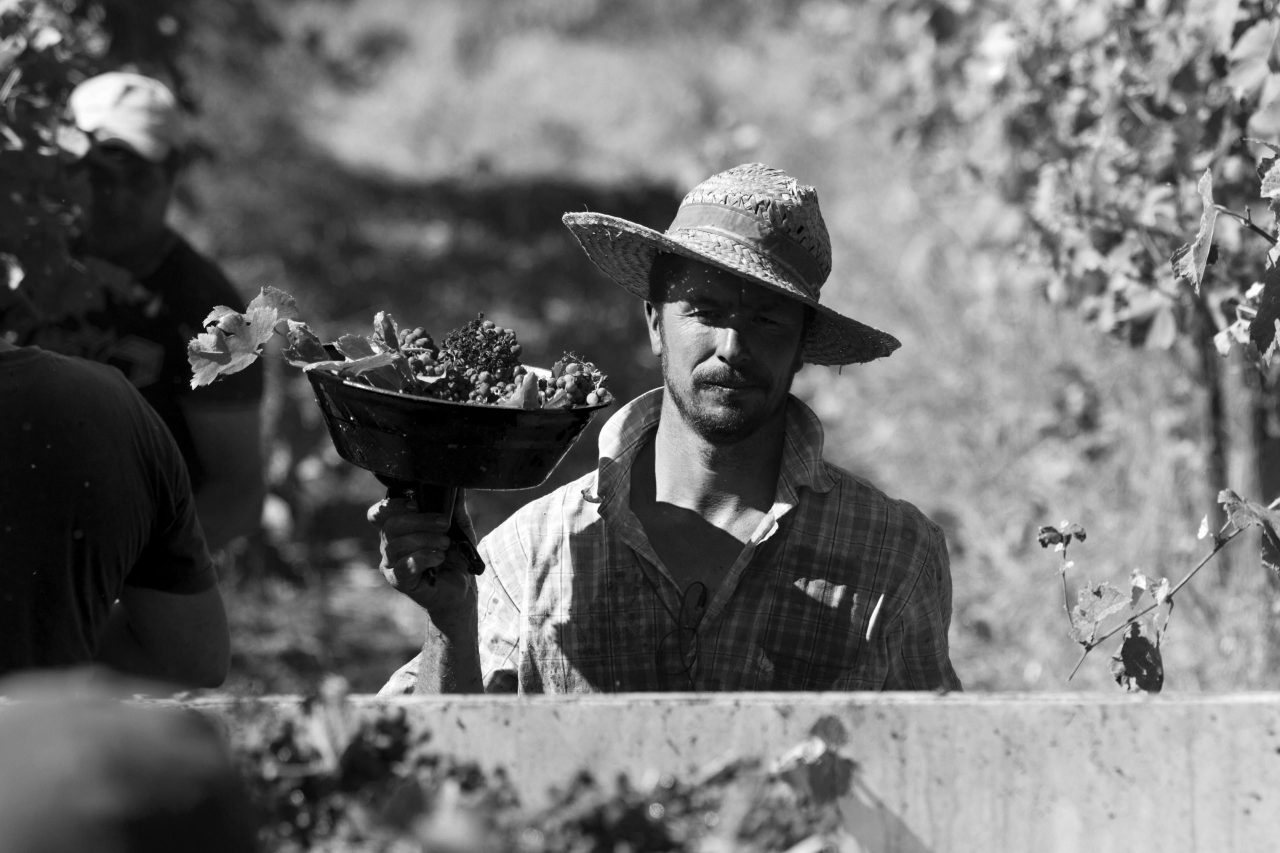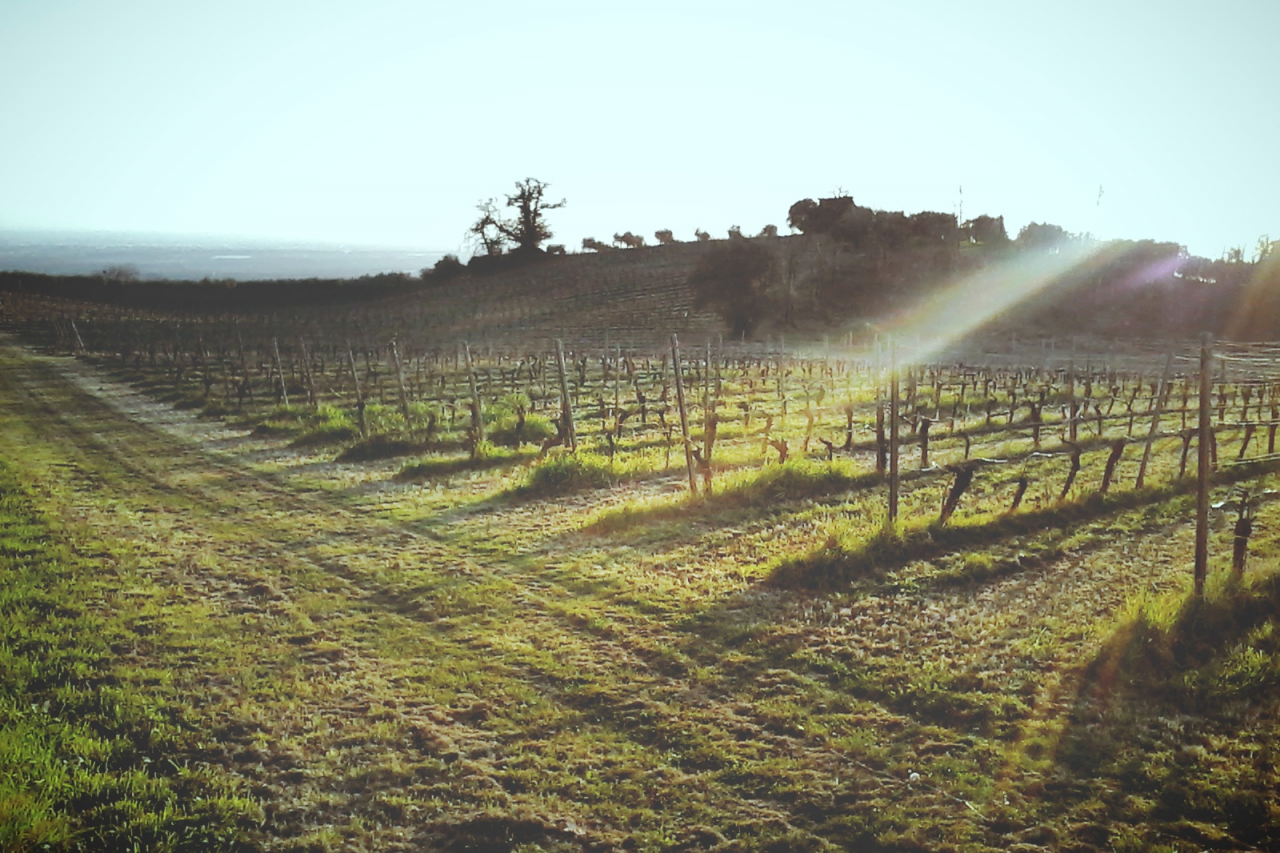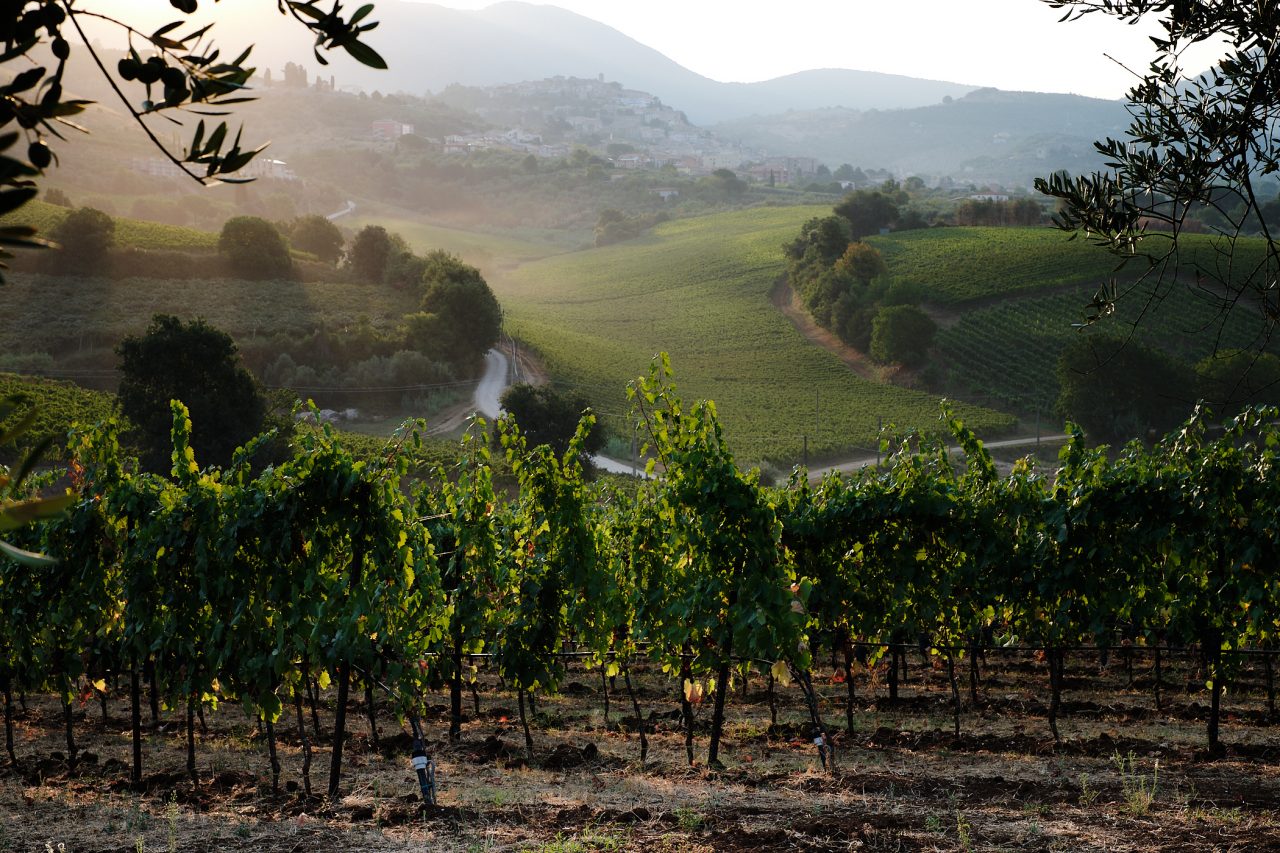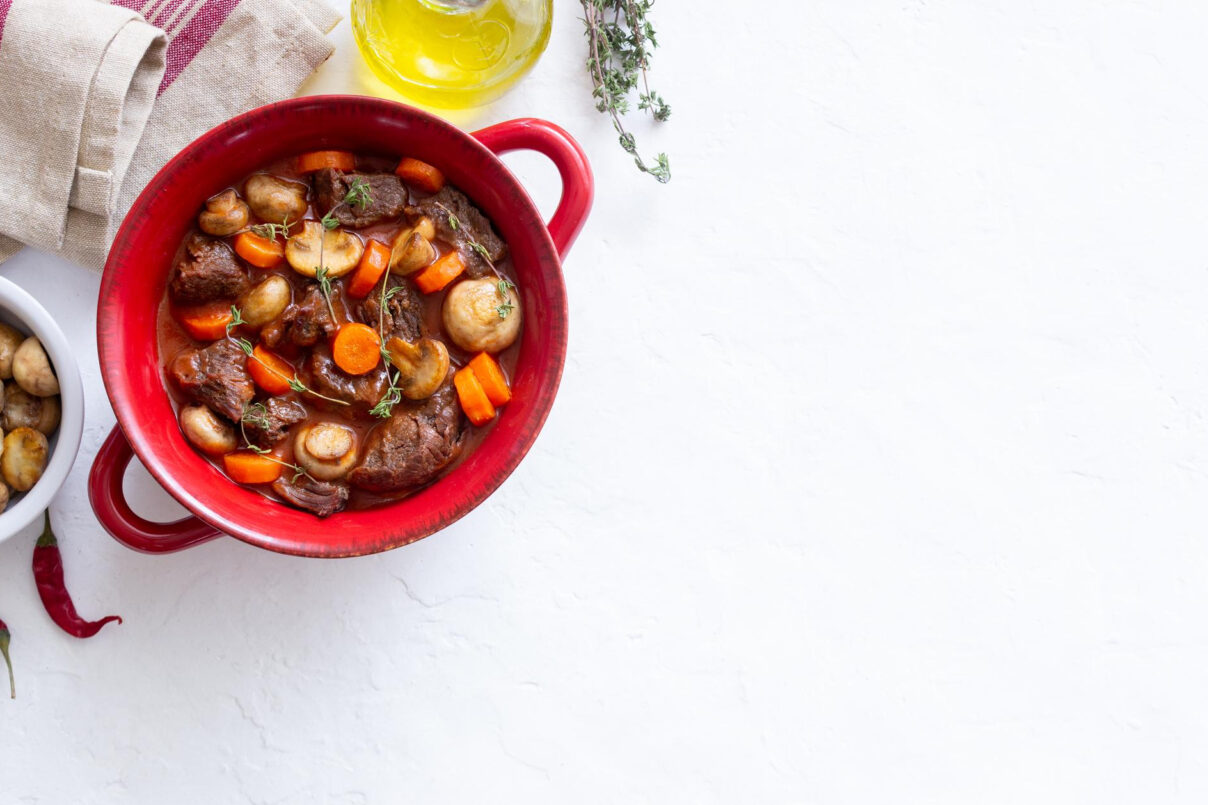Italian journalist, a wine educator and a judge for wine competitions worldwide, a leading figure in the wine world’s female revolution lives in the USA
With the start of 2021, Cincinnato and I continue our commitment to a new cycle of interviews. We started during the lockdown thinking – hoping – it would be only one. But as the months passed, we had to adapt to differing degrees of restrictions, and although the arrival of vaccines points to a light at the end of the tunnel, we are still spending most of our time at home. So we decided to keep you company again and interview more figures active in the world of wine, serving up (not in a glass but on the web!) more technical – let’s say “industry” – content.
January opens the door to what will continue to be a monthly series. Sadly the topic is one that is still very current: how little opportunity women are given in the world of wine (and elsewhere too). To get more insight into the state of affairs, we interviewed Laura Donadoni, an Italian who resides in the USA, a journalist and wine educator, marketing expert and panellist in numerous international wine competitions. Laura has a multifaceted profile and she talked about the “problem” of the scarce presence of women in the wine world well before being directly involved in the matter, as we see in the seminar she led last December, during Vinitaly’s Wine2Wine, sharing the stage with Tatiana Livsey, going by the title “#metoo nel settore del vino: cosa è successo e cosa possiamo fare per cambiare la cultura sessista online e sul luogo di lavoro” (“#metoo in the wine sector: what happened and what we can do to change sexist culture online and in the workplace”).
In any case, her résumé and vast experience speak for themselves, starting with her communication agency La Com, based in California where she lives, focused on promoting wine in the United States. She is a professional sommelier, Vinitaly International Ambassador and the only Italian woman to be part of London’s prestigious International Circle of Wine Writers. Laura also contributes to publications such as the Slow Wine guide in Italy and the magazines Somm Journal and Tasting Panel. In addition to the communication agency, Laura started her own blog, The Italian Wine Girl, attracting a large community on Instagram and YouTube. Since 2019 she has been broadcasting the podcast The Italian Wine Girl for Italian fans, in which she deals with wine marketing issues and comments on US wine industry news and dynamics.
Finally, she is founder of and communication consultant for Ti Porto in America, an online training platform for wine export to the States. She has also published her first book, Come il Vino ti Cambia la Vita (How Wine Changes Your Life) for Cairo Editore, which tells her own story of inspiration, courage and rebirth in the world of wine, and that of six others. So she has countless interests, with a passion for safeguarding Italian wine culture in the States and among English speakers. In our short interview she talks about personal aspects and offers advice to Italian wine producers, as well as sharing her vision of the Lazio wine scenario.
Laura, in addition to Wine2Wine, the events of early January, when you were judged more for your physical appearance than for your work, suggest I start this chat with the theme of the role of women in the wine world. How serious is the situation and what moves do you expect from companies to solve it?
The issue of gender inequality and sexism in the world of wine has been around for years, and only now is the situation being addressed, thanks to the women and men who have decided to condemn certain behaviour, from verbal violence to misogynistic preconceptions, outright abuse, as in the case of the Court of Master Sommeliers scandal in November, which made the front pages of the New York Times. These are all nuances of abuse that have affected us to various degrees, depending on the cases mentioned. The fact that some women have been brave enough to speak out about this behaviour is the first step in kick-starting a collective march towards a fairer wine industry, respectful of gender, cultural and opinion diversity.
Solving the problem of sexism is a marathon, not a sprint: we start with cultural change, acknowledging the preconceptions each of us has inherited from the sexist society where we all grew up. We have to isolate these biases and eradicate them one by one. From companies, I’d like to see greater sharing of these issues on social media, in the communication of their products (for example avoiding use of images of women as objects or slogans with sexual references) and in corporate practices (flexible hours to reconcile family life, narrowing the wage gap between men and women, allow everyone to progress in their career regardless of gender). If everyone did their bit, in small steps, we could really hope that our children or grandchildren might inherit a fairer and more inclusive society.
Getting back to your work, do you have a suggestion, maybe even more than one, for Italian wineries who want to start exporting or selling more successfully to the United States market?
I have much more than a suggestion: I created an online course. It’s the first such course in Italian that teaches the basics for exporting wine to the USA. It’s a useful guide for those who find themselves approaching importers, consultants or buyers, and have only a limited budget of resources to invest, so they can’t afford to end up in the wrong hands. There are many sharks who promise producers they will get open the US market for them, but then turn out to be complete amateurs. And the result is a waste of time and money, often having to start over. This course helps understand how the market works, its laws, and how to build your strategy to approach it. It came about after I received endless requests for help during my years of work in the United States. There was no such course in Italian and during the lockdown I thought I would make my experience and knowledge available by creating this tool. It’s on my online training platform, and it’s called “Ti Porto in America” (“I’ll take you to America”).
As always, in our interviews we like to hear about other aspects, so tell us about a passion of yours that goes beyond wine, where you take refuge to recharge your batteries or simply just chill.
I like to take long walks on San Diego Bay or if I’m traveling wherever I happen to be. I listen to podcasts or audiobooks. I’m a compulsive consumer of audio information and I produce podcasts myself in which I talk about the mysteries of wine, US trends and news. Walking and learning something new or listening to a story is a form of meditation for me. My other passion is running: it stimulates my creativity and gives me a lot of energy.
Finally, something about our locations and our wines. How much do you know about Lazio winegrowing? Are there wines or vines that you love more than others and what trump card can be played on these markets?
Lazio is one of the most underrated regions in a winegrowing perspective, both in Italy and in the USA, where too few examples of regional viticulture arrive. Personally, I’m a big fan of Cesanese, for example, a fragrant red, that is never cloying, but peppery and perfect with Amatriciana sauce. But I also love the Frascati whites – Bellone, Cori, Malvasia Puntinata that was almost extinct, but brought back to life as a monovarietal by some valiant winegrowers. There are stories to be told for each of these vines and that is the trump card to play: unique new stories, to arouse the great curiosity of American wine buffs, for example, always looking for new stimuli and places to discover.
The other card Lazio can play is its wine tourism. Visitors to Rome (and many arrive from the USA) can reach fantastic vineyards, districts to discover, hillsides and coasts. This is an added value and a gateway to the international market that other regions cannot boast, as they do not have cities of great appeal and as well connected as Rome. I believe that Lazio producers must all become aware together of the added value they have for Italy worldwide, and they should work together to communicate it. There is only room for growth and, after COVID, there’s an economic boom on the horizon. I hope we’ll all be ready to make the most of it.
We couldn’t have hoped for better: an interview to kick off that is rich in content and after dealing with a serious problem, closes on a positive note. The opportunities, as Laura Donadoni says, are there, and after the COVID emergency is over, we have to be ready to seize them.
In the meantime, we’ll continue working on content, with and without talking too much about “femininity” because there are actually many wonderful women in the wine world and it shouldn’t be difficult to let them have their say. Our next interview will be with Manuela Zennaro, a journalist and great connoisseur of fine food and wine.
